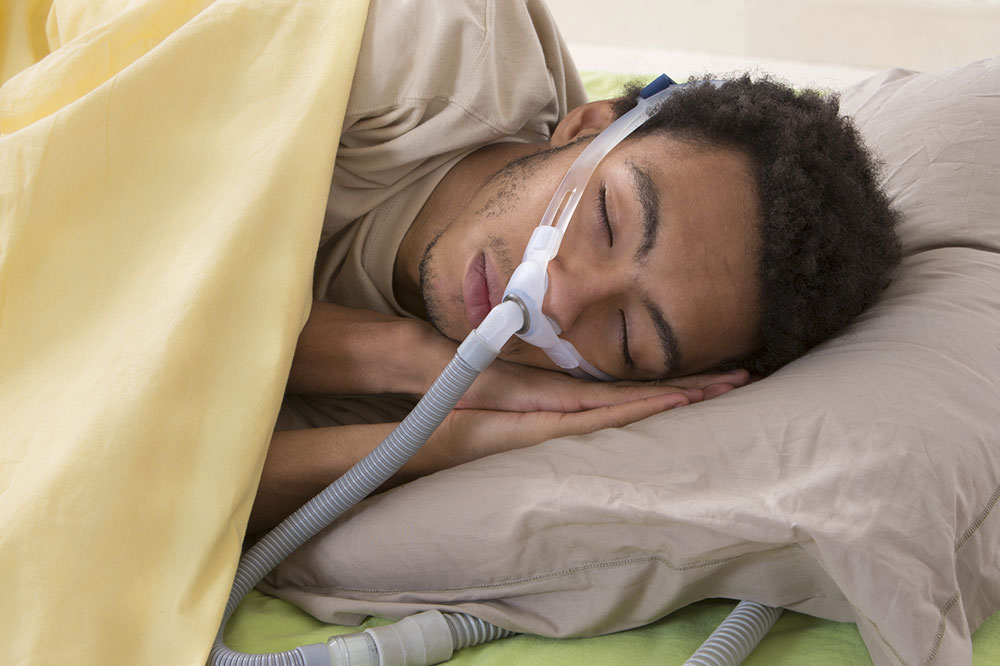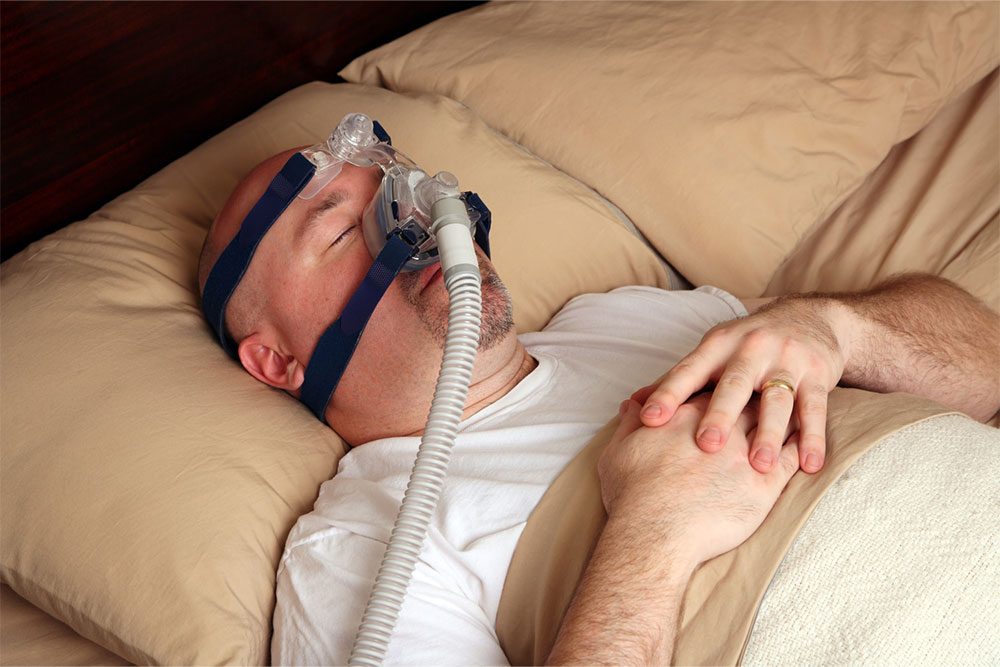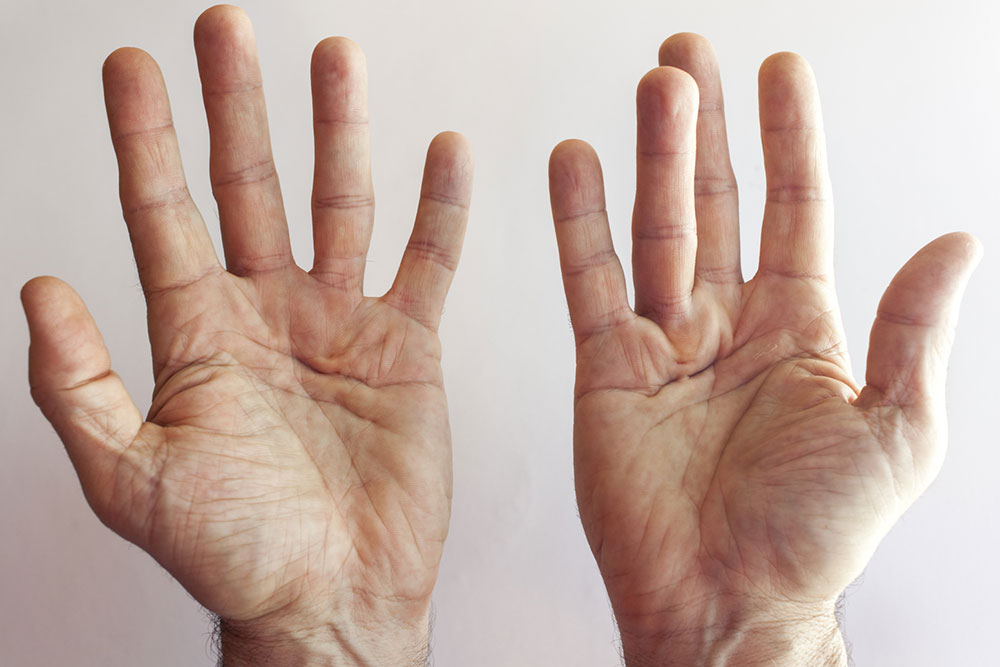Comprehensive Guide to Sleep Apnea: Causes, Symptoms, and Treatments
Discover essential insights into sleep apnea, including its types, symptoms, causes, and treatment options. Learn how lifestyle changes, medical devices, and surgery can help manage this serious sleep disorder and improve quality of life.
Sponsored

Sleep apnea is a serious sleep disorder that can threaten health if left untreated. It involves repeated episodes where breathing stops or becomes shallow during sleep. Many individuals remain undiagnosed, highlighting the importance of recognizing risk factors and symptoms.
Types & Symptoms
Sleep apnea includes obstructive, central, and complex types. Obstructive sleep apnea occurs when throat muscles relax, blocking airflow. Central sleep apnea results from brain signals failing to stimulate breathing. Complex sleep apnea combines both traits. Common signs include:
Breathing pauses during sleep
Excessive daytime fatigue
Loud snoring
Morning headaches
Restlessness or abrupt awakenings
Irritability
Shortness of breath
Underlying Causes
Obesity: Excess weight leads to fat deposits narrowing airways, increasing apnea risk.
anatomical factors: The size and shape of the jaw, tongue, tonsils, or neck can obstruct airflow.
Family history: Genetic predisposition and age factors can contribute.
Smoking: Tobacco inflames air passages, causing swelling.
Nasal issues: Blockages impair breathing during sleep.
Sleeping position: Sleeping on the back can cause airway collapse.
Medical conditions: Heart disease, diabetes, and high blood pressure increase susceptibility.
Available Treatments
Effective management depends on severity. Conventional approaches include devices, surgery, and lifestyle modifications.
CPAP therapy: Continuous positive airway pressure delivers air through a mask, keeping airways open during sleep.
Alternative devices: Auto-adjusting pressure machines improve comfort for some users.
Surgical options: When other treatments fail, procedures like tissue removal, nerve stimulation, or jaw repositioning may be recommended.
Natural remedies: Weight control, relaxation, positional therapy, regular exercise, yoga, quitting smoking, and humidifiers can effectively reduce symptoms without invasive procedures.






